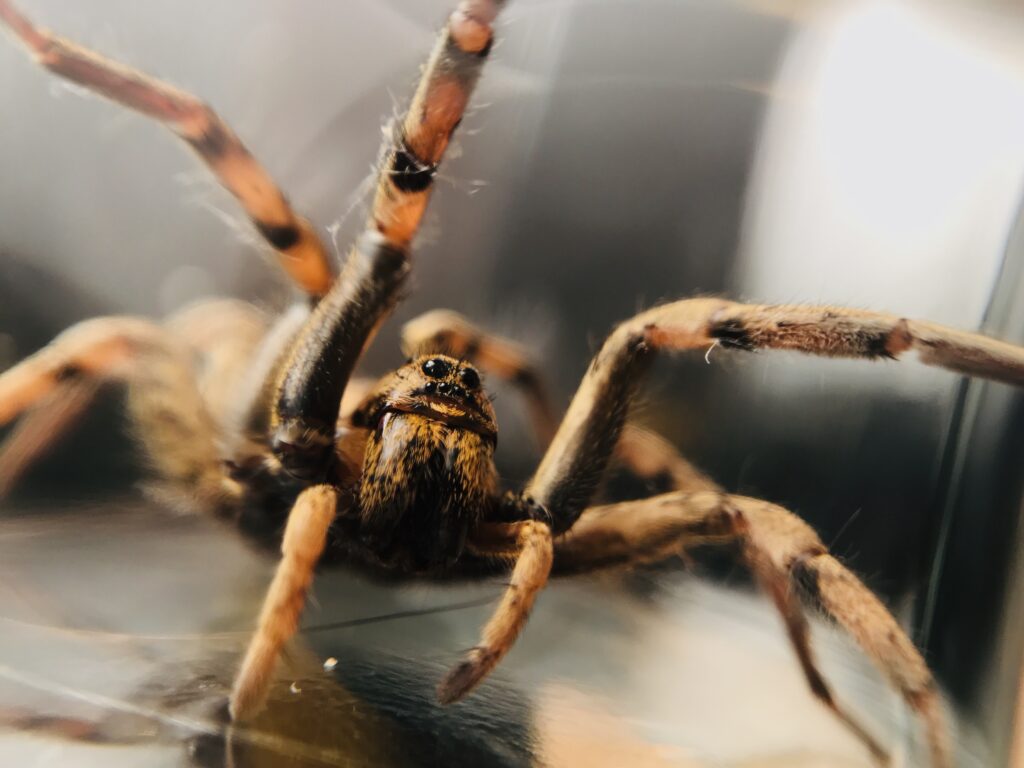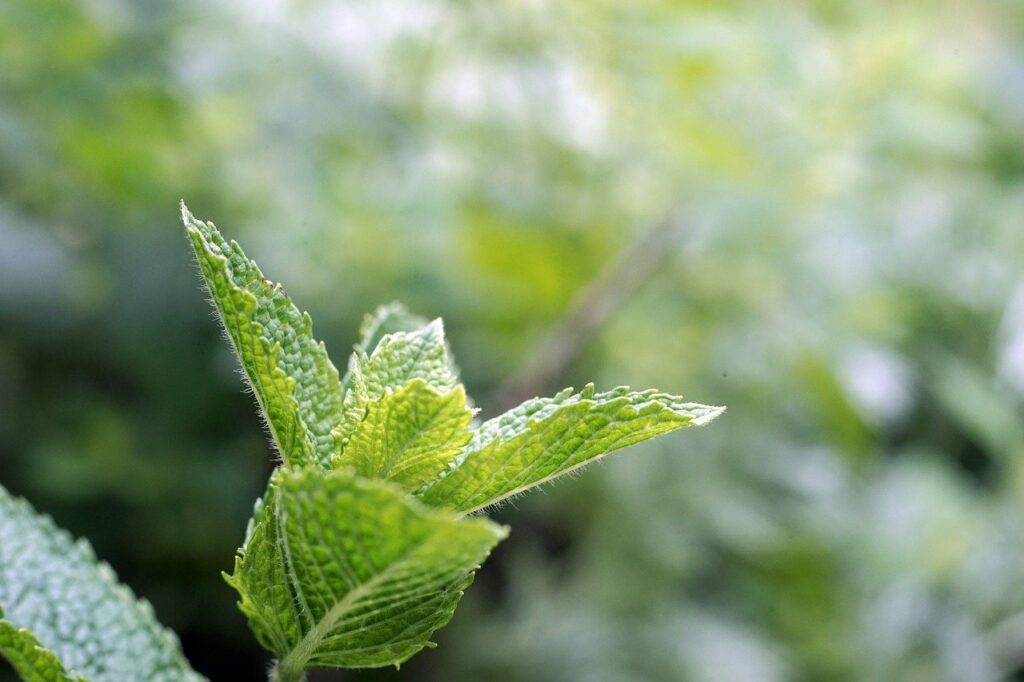Many spiders are venomous, so you really don’t want them near you. Luckily, spiders have other characteristics that you can use to your advantage — such as their strong sense of smell. There are certain scents that spiders hate. These scents are just too overpowering for them. You can use these scents to naturally repel spiders.
Pros and cons of using natural repellents
- Natural repellents are generally safer than commercial pesticides. There are commercial pesticides out there that are great at killing and repelling spiders, such as those with bifenthrin, cyfluthrin, deltamethrin, and lambda-cyhalothrin. But the problem with commercial pesticides is that they can be toxic to humans and household pets too. Generally speaking, natural repellents are safer because they don’t have toxic ingredients.
- They are not completely effective. Natural repellents are very accessible. You may even find them in your kitchen right now. But the downside is that they are not very effective in getting rid of full-blown spider infestations. They simply repel spiders, not kill them.
- They may put you in danger as well. Having natural ingredients doesn’t automatically mean it’s completely safe. Some natural repellents can be dangerous as well, especially when they are ingested or come into contact with your skin for too long. This is particularly true for essential oils.

Scents that spiders hate
1. Cayenne pepper
Cayenne pepper is one of the scents that spiders hate simply because it’s spicy. It’s not just obnoxious for their sense of smell. It’s also stingy for their eyes. Spiders usually look the other way when they see cayenne pepper in front of them, making this hot sauce ingredient an incredible natural spider repellent.
You can buy cayenne pepper flakes and sprinkle them on areas where you don’t want spiders.
2. Chestnuts
Be careful in reading about natural spider repellents online. Most of the ingredients you will see are actually not effective. This study actually tested some of the most cited ingredients online. Some of the ingredients are not effective, but the researchers concluded that chestnuts are — at least for two different families of spiders.
Simply sprinkle horse chestnuts on areas where you don’t want spiders. But take note that this particular type of chestnut is inedible. You may want to avoid sprinkling them over your dining area or kitchen.
3. Citrus scents
Many people believe that citrus scents repel spiders naturally. There are studies on this topic, but they are not substantial enough to form a solid conclusion. Some homeowners find good results for trying, but some don’t.
It may be worth a try. Mix a few drops of citrus essential oil with water and put the solution in a spray bottle. Spray around your property to naturally repel spiders. The sweet scent of citrus is nice for your home too.
4. Garlic
Like cayenne pepper, garlic is obnoxious for the sense of smell of spiders. You can use whole cloves or crushed ones. Mix them with water and put the solution in a spray bottle. The only problem here is the smell is also not pleasant for humans. At least citrus scents will make your home feel fresher. Garlic odors don’t have the same effect.
If you have the tolerance for the strong smell, it can be an effective spider repellent.
5. Peppermint
An ingredient doesn’t have to be obnoxious to be a natural repellent for spiders. Look at peppermint, for example. It’s not as unpleasant as cayenne pepper and garlic, but it’s always used to repel various pests, including spiders.
You can make a peppermint spray with whole peppermint or peppermint essential oil. The minty smell won’t just repel spiders. It will also freshen up your home like citrus scents.
6. Various essential oils
You can use the essential oil versions of the ingredients in this list so far — cayenne pepper essential oil, citrus essential oil, and so on. Essential oils are basically concentrated versions of these ingredients, making them even more effective. There are other ingredients that are known to repel spiders, and you can use their essential oil versions as well to create a spray. Such ingredients include basil, eucalyptus, citronella, lavender, marigold, mint, and rosemary.
Just be careful in using essential oils. Accidental ingestion of essential oils, even in just small amounts, can lead to coughing, vomiting, and eye and skin irritation.
7. Vinegar
The scent of vinegar is not necessarily the thing that repels spiders. It can also be its acetic acid content. This ingredient in vinegar actually harms spiders, making them effective natural repellents. What makes vinegar even more ideal is the fact that it can already be found in your home.
Combine white vinegar and water to create a spray. But don’t dilute the white vinegar too much. You may reduce its effectiveness.

Other ways to get rid of spiders
- Clean your home. You have spiders at home because of the availability of food and shelter. Spiders are not necessarily attracted to human food. They are more attracted to the pests that are attracted to human food. They like to eat ants, cockroaches, and other pests. Make sure you don’t have food crumbs around that can attract foragers and scavengers.
- Try spider-repelling plants. If you have an interest in plants, you can introduce spider-repelling plants in your garden that can act as a natural barrier against these pests. Try basil, eucalyptus, citronella, lavender, marigold, mint, and rosemary. Most of these are also naturally fragrant, which is an added benefit.
- Simply use a broom and a dustpan. If you are only dealing with a spider or two, you may not need to use scents that spiders hate. Simpler methods may be enough. And what’s simpler than using a broom and a dustpan? Use the broom to sweep the spider into the dustpan. And then release them outside. You don’t have to kill them.
There are scents that spiders hate
Spiders hate certain scents because of how obnoxious they can be to their sense of smell. Many of these scents are obnoxious for humans too, but some are pleasant for us as well. The great thing about these scents is that they are very accessible. But the downside is that they may not be completely effective, especially if you have a full-blown spider infestation.

